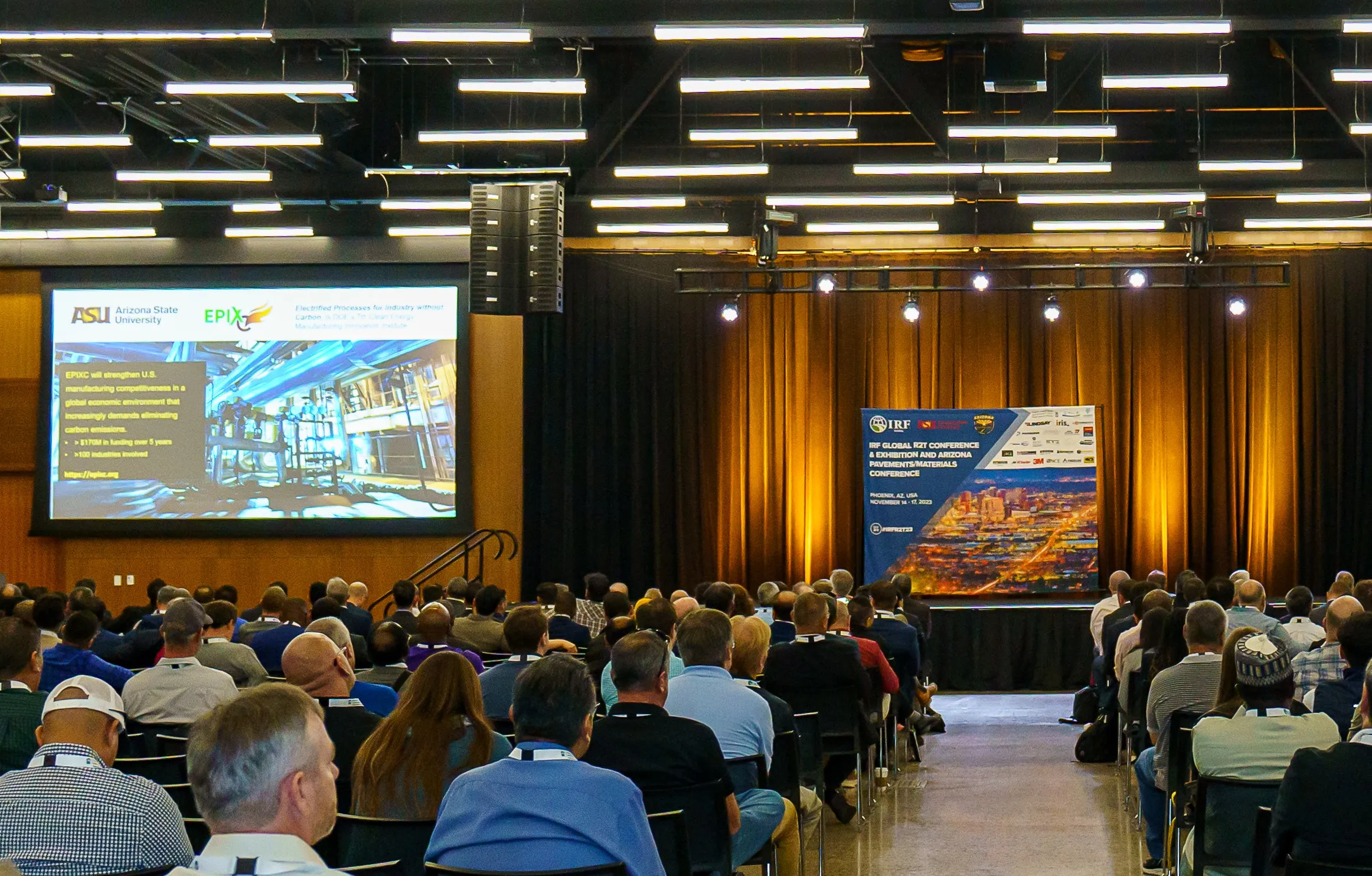
Starting in May 2020, IRF moved some of its most popular workshops to a new online and interactive training platform, and began adding specialised courses, made possible through the virtual delivery format. The first course “Making Roads Safe for All Users” ran May 4th – 22nd, 2020 bringing together participants from countries as diverse as Ethiopia, South Africa, Canada, Pakistan and the Seychelles. It addressed how to apply the Safe Systems philosophy to road design and management, with a focus on safer roadsides, work zone safety and vulnerable road user protection. During the final course modules, participants were taken on a virtual inspection of road projects and encouraged to identify traffic safety risks utilising the knowledge they had acquired.
“I received an in-depth understanding of the issues related to road safety audits through globally recognised experts with the necessary knowledge and experience to teach the course,” noted one of the participants.
Since then, IRF has quickly ramped up its online portfolio to include an extensive offering of live road construction and management classes, ranging from pavement design processes to PPPs, and from road tolling strategies to intelligent transport systems. Each course is typically delivered in two-hour sessions stretching over several weeks with homework assignments and group projects in addition.
IRF successfully leveraged seven decades of experience in executive education to combine the values of traditional classroom education with the services made possible through online delivery.
For instance, accelerated learning processes allow participants to gain new insights in less time and with no travel constraints. In practice, delegates typically learn 30-40% faster when the course is delivered online as instructors prioritise core content. The course recordings are available for delegates who may have missed a module or prefer self-paced options. Finally, online courses typically allow IRF to invite subject matter experts to cover a single module, whom it would otherwise be cost-prohibitive to convene to a traditional workshop.
According to Magid Elabyad, vice president for International Programs, “IRF’s suite of online training is designed with the same care and rigorous standards that are hallmarks of IRF’s executive education programs. Additional virtual features are leveraged wherever possible, including WhatsApp groups to facilitate informal discussions. As with traditional workshops, the specific learning outcomes are communicated ahead of each course, and reviewed again with delegates during the first session. Great care is taken to ensure the courses enhance practical takeaways than can be directly applied by delegates in their workplaces.”
New courses offered in 2021 will include Traffic Management Center Operations, Mobility as a Service, Environmental and Social Impact in Road Projects, Human Factors in Safe Road Design and Analysis Techniques for Crash and Surrogate Safety Data, to name a few.
• Access to the full calendar and enrolment options are available from www.irf.global/online









